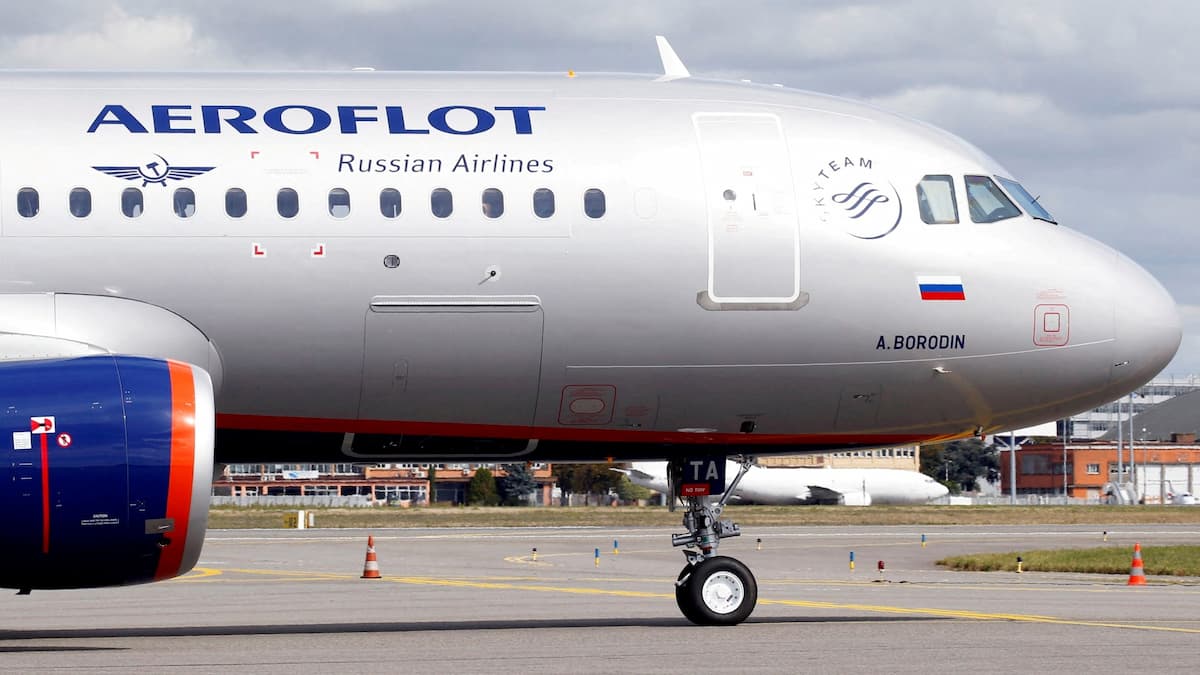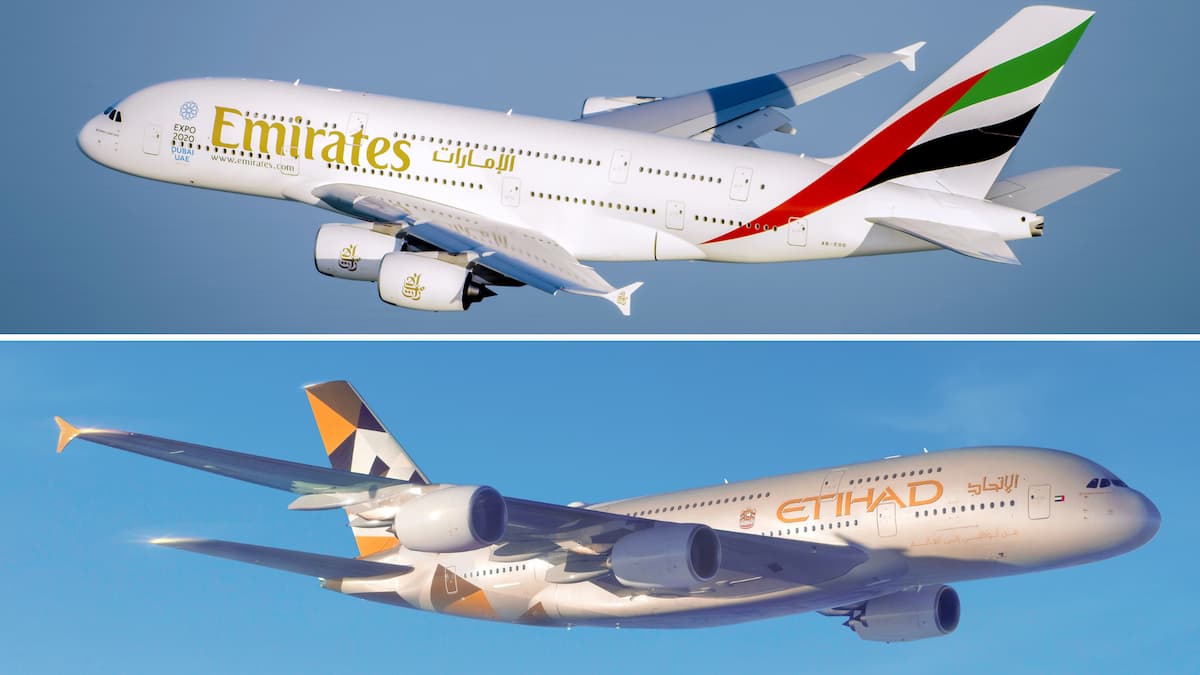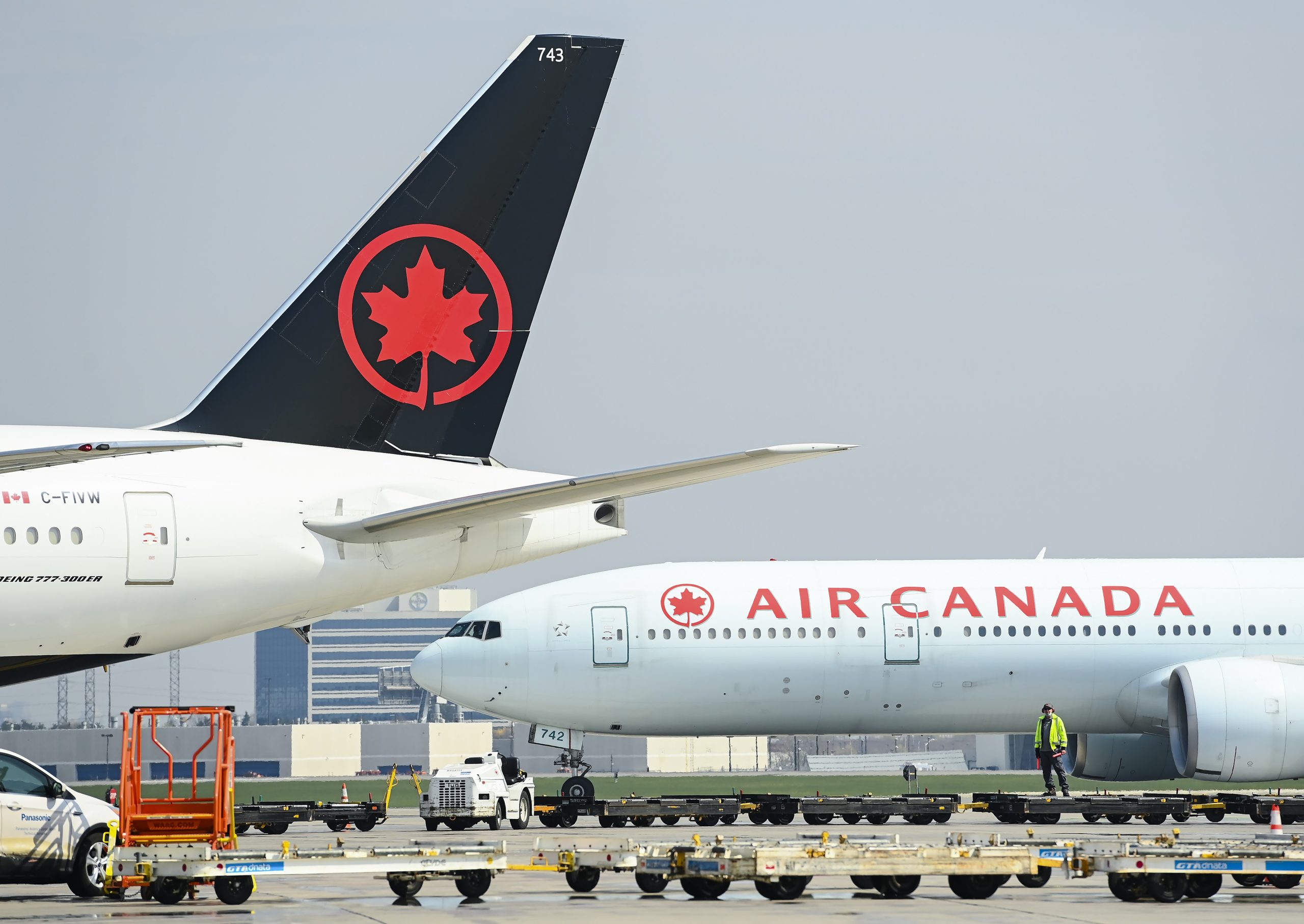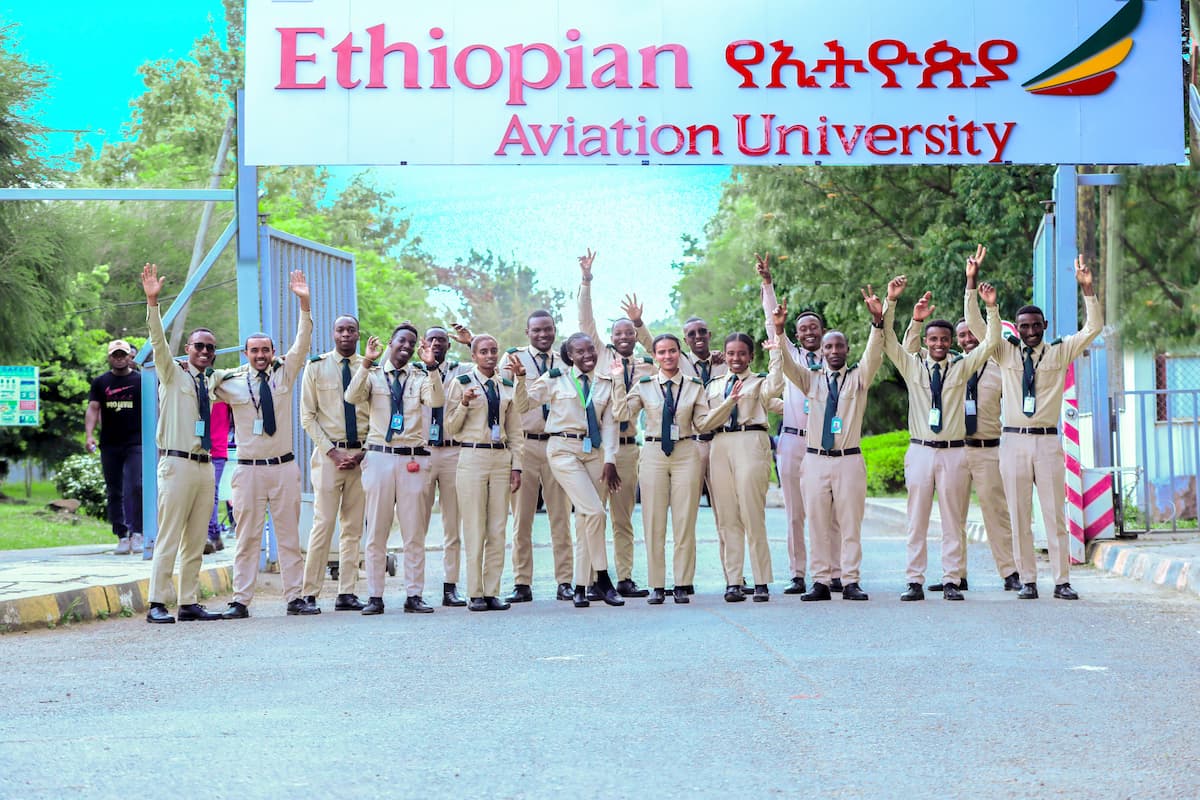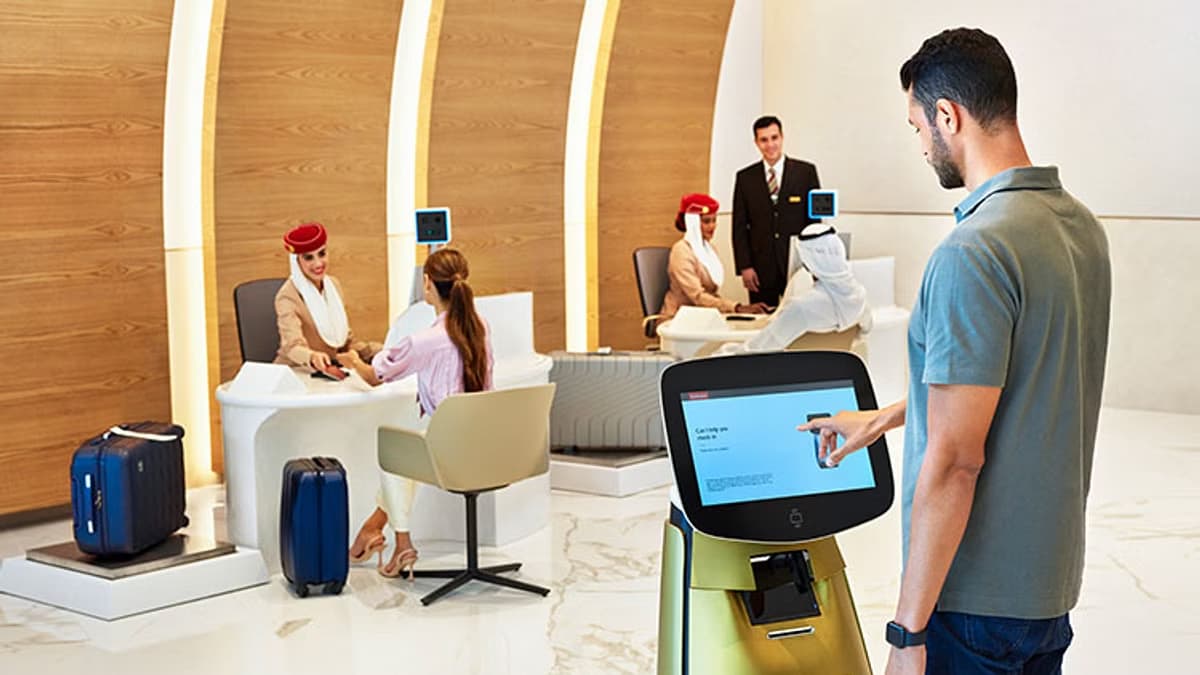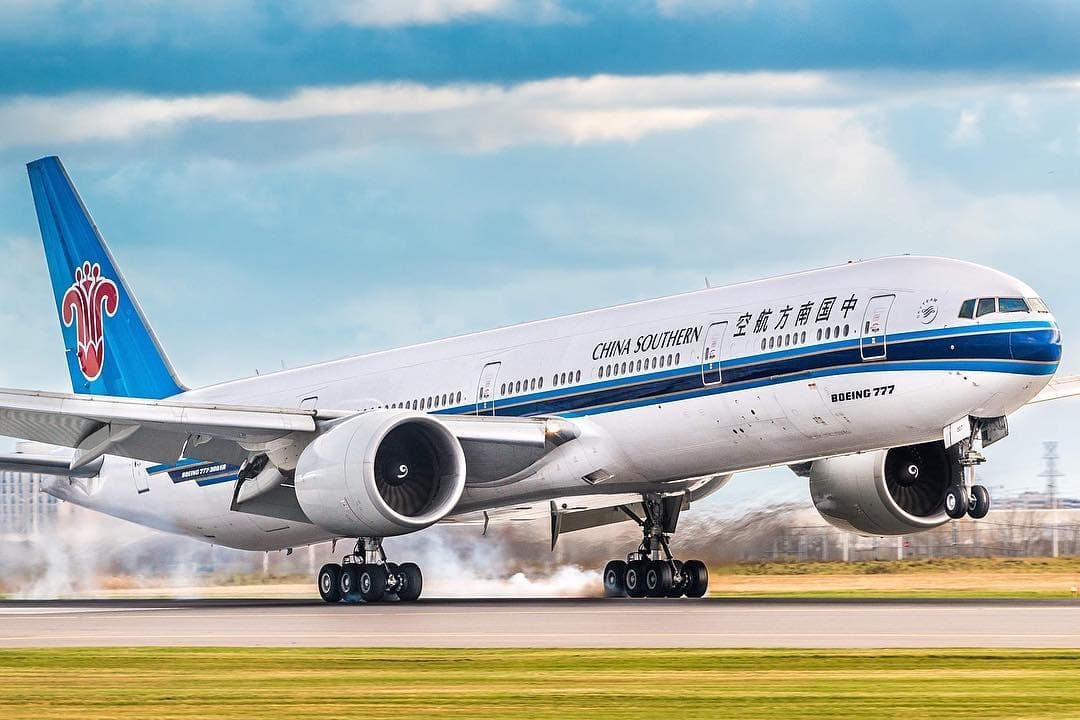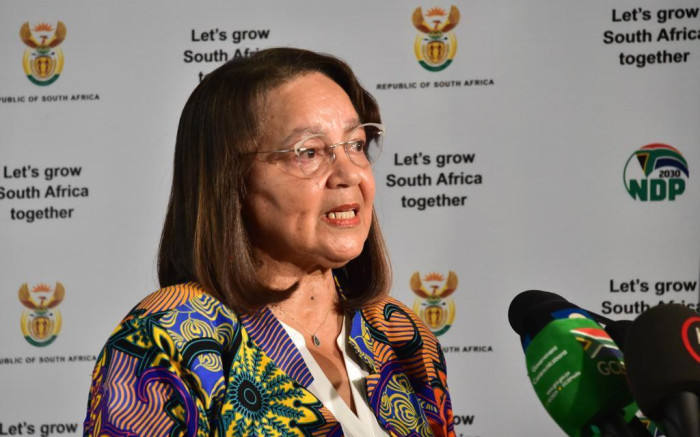In our latest travel series, we look at how Russia plans to further its visits to Tanzania, which include direct flights from Moscow to Dar es Salaam, introducing Tanzanian music to Russians, and more. Our travel correspondent, Anganile Mwakyanjala, sat down with Russia’s Ambassador to Tanzania, Andrey Avetisyan, who shared more details.
Most Tanzanians know Russia as an academic destination, where some of our countrymen have studied; is there a more historic connection between our two countries other than that?
Russia’s gracious relations with Tanzania have a very long history, dating back to maybe the 18th–17th centuries, when the first Russian traveler and explorer, Russian businessman Vasiliy Junker, in 1880 found himself in East Africa, but that was mostly North Africa, through which all people traveled to India. If you speak about central East Africa, where Tanzania is situated, we can register some Russian travelers being here in the second half of the 19th century; some of them were traveling here together with famous explorers and travelers like Stanley Livingstone. This part of Africa was by then noted as terra incognita. Russia, of course, supported the liberation movement in Africa, including then-Tanganyika. Mwalimu Julius Nyerere was a good friend of my country, and we have fond memories of Mr. Nyerere. Since then, we’ve enjoyed very close and friendly relations with Tanzania. I am very happy to be here.
Russia is famous for its culture, heritage, and history. Since you’ve been here, what have you learned about Tanzania in these areas?
One of my priorities here as a Russian ambassador is to promote people-to-people relations between Russians and Tanzanians, including cultural exchange. We would like to bring more Tanzanian artists, musicians, and dancers to Russia to familiarize ourselves with Tanzanian culture. At the same time, we regularly bring Russian culture and music festivals to Tanzania. These two cultures, although so different, have many similar features.
For the first time in Tanzania, the head of state, Mama Samia, became the face of tourism promotion through the Royal Tour documentary. Did that persuade you to visit some of our tourist attractions, and how has your experience been?
We very much appreciate the economic policy of President Samia Suluhu Hassan and her efforts to provide opportunities for foreign investments, which include trade with Russia. We encourage Russian businesses to come here to take advantage of this opportunity. One of the most promising areas of this cooperation is tourism. Tanzania has been the most popular tourist destination for Russian tourists for years, especially in Zanzibar. Unfortunately, during the pandemic, the number fell sharply, and now we are trying to increase it again. But to increase the number of tourists, we need several factors to be in place. The most important thing to do to bring back the number of tourists to a high level is to establish direct flights from Russia to Tanzania.
At the moment, Russian tourists who want to come here have to pass through Ethiopia, the UAE, Turkey, and Oman, but we are now discussing with the Tanzanian Government and Tanzania Civil Aviation Authority the possibility of reestablishing direct flights. I think we will start with a charter flight before establishing regular commercial flights. We are now negotiating a new bilateral agreement with the Tanzania Civil Aviation Authority; it is almost finished, and I hope it will be signed soon. I hope it will not only provide the opportunity to establish direct flights for Russians to come to Tanzania but also for Tanzanians to go to Russia.
What parts of Tanzania that you visited impressed you the most?
When I go to different parts of Tanzania on business trips, I find time to see places of interest too. I have visited Zanzibar several times, which is a destination one can only dream about when speaking about beaches, relaxing, and also seeing interesting places like Stone Town, which is a gem of Africa. I visited Ngorongoro, a unique place. I have visited Arusha National Park and Lake Manyara in the north. I have not yet been anywhere to the south of Dar es Salaam, but I am planning to go, and I hope my time here in Dar es Salaam will be enough to see many places that are worth visiting in Tanzania.
Tell us more about Russia’s cultural exchange programs.
We have an active Russian Cultural Center in Dar es Salaam. It promotes Russian culture, attracts Tanzanian artists to do exhibitions, and also offers cultural exchange. They have regular events like screening Russian films and organizing photo exhibitions about different parts of Russia.
Let’s talk about the upcoming Russia-Africa Summit. What are the expectations?
The upcoming second Russia-Africa Summit will take place in Saint Petersburg at the end of July, and we hope to see a large Tanzanian delegation. The summit will be accompanied by different events, like economic and cultural forums and youth conferences. This multifaceted event will provide a lot of opportunities for Russians and Tanzanians, among other Africans, to get to know each other and establish contacts.
First of all, it is important to establish business links in both countries. So far, Russia-Tanzania trade and economic relations are not very good, and we want to promote them. But I hear from both Tanzanian and Russian businessmen that the problem for them is establishing contacts with each other, and this summit in Saint Petersburg will be a good opportunity to find driving forces for their businesses.
What are the popular university studies Tanzanians take in Russia?
The most popular direction is medicine. The demand for doctors is growing. Although we have a lot of Tanzanian graduates every year from Russian medical universities, I hear from Tanzanian counterparties that they would like to send more people to study to become doctors. We can increase the number of doctors that graduate from Russian universities, and the number of Russian government scholarships for Tanzanians is growing every year. For example, for this school year, the number is 90, but we hope that for the next school year it will be a minimum of 120, and we hope for almost two hundred.
What can you say about the famous Patrice Lumumba University?
Yes, the Patrice Lumumba Peoples’ Friendship University is one of the most famous and popular. Just two days ago, we had a delegation from Patrice Lumumba University participate in a Russian educational fair in Tanzania. Twice a year, several universities from all over Russia come to Dar es Salaam to present themselves to potential students.
How do you find Swahili cuisine?
Swahili cuisine is something I really like because it is very simple and natural, and that is actually what I love. Street food is tasty in Tanzania, and I highly recommend it to people who visit the country. I like Swahili food because they use a lot of vegetables and fruits of different kinds. Food from Zanzibar is different from that on the mainland. There are dozens of different types of bananas in Zanzibar; if you want to try them all, you need time. The fish and seafood in Tanzania are absolutely incredible, always fresh, and so nice.
Any final words?
I would like to invite all the leaders and citizens of Tanzania to visit Russia. To Russians who visit Tanzania and go back home, tell your friends and family about the experiences you had in Tanzania. Not only tell them, but show them the pictures you took in national parks and show them pictures of this beautiful country.
Source: The Citizen

